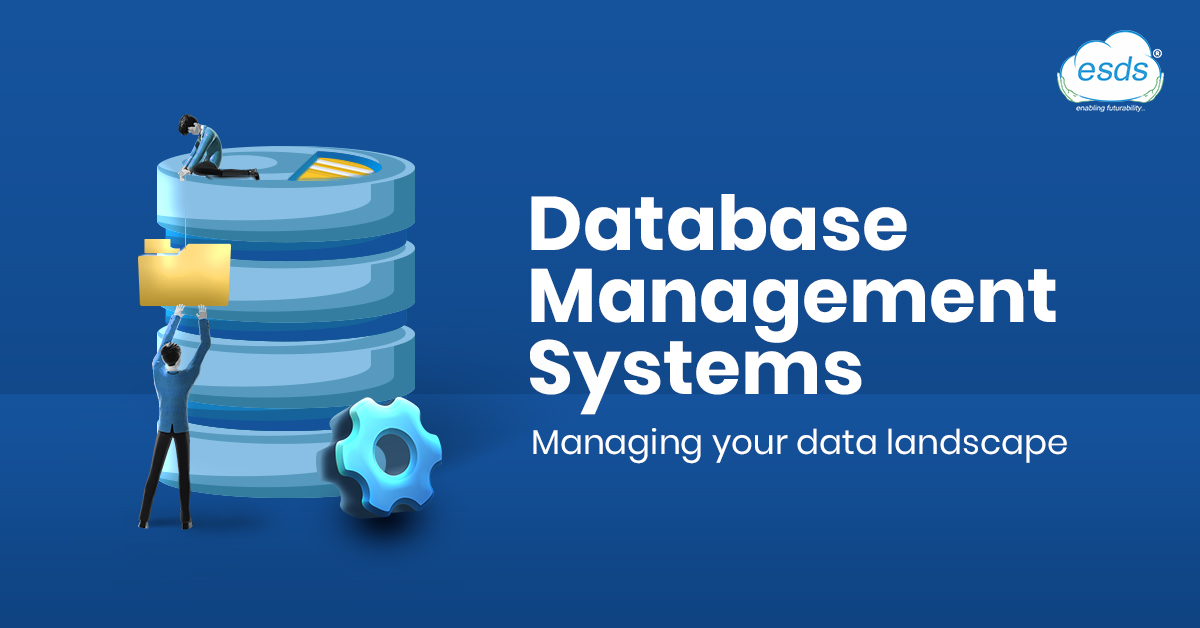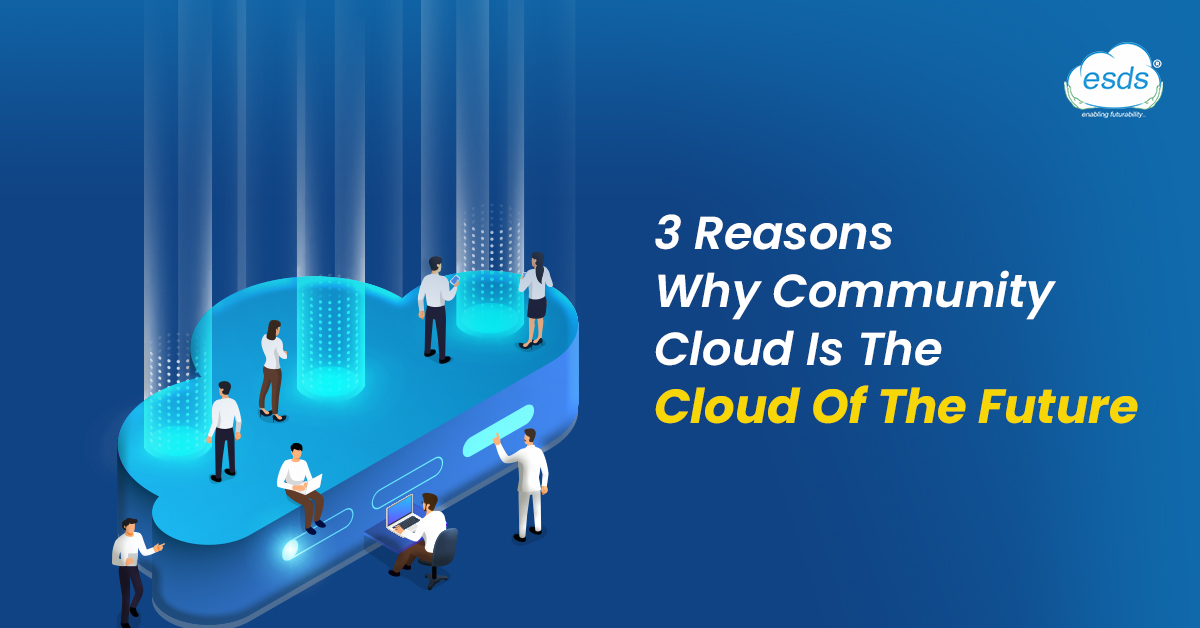Every modern software application depends on data, and databases are the most popular method of storing and managing applications’ data.
Databases have developed from conventional relational databases to more sophisticated databases, including No SQL, columnar, key-value, hierarchical, and distributed databases, due to the proliferation of web and cloud technologies. Structured, semi-structured, and even unstructured data can all be handled by each kind.

Furthermore, databases continually handle delicate and crucial data. The need for compliance and the dispersed nature of most data sets have made managing databases difficult. To maintain large databases, organizations need tools that are reliable, secure, and easy to use. Database management systems fill this need by providing a framework for managing databases. Let’s look at it.
What is a database management system?
Using a DBMS, the following common database administration tasks can be carried out
Users may easily manage databases thanks to a piece of software called a database management system (DBMS). Through this, users can access and interact with the database’s data. These operations might be as simple as data queries or as complex as creating database schemas that significantly alter the structure of the database. Additionally, DBMS provides secure, concurrent user interaction with a database without compromising data integrity or interfering with other users.


